Search
Remove Ads
Advertisement
Summary 
Loading AI-generated summary based on World History Encyclopedia articles ...
Search Results
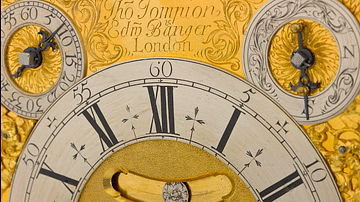
Article
Clocks in the Scientific Revolution
Keeping good time proved an elusive objective for centuries, and it was only in the second half of the 17th century, during the Scientific Revolution (1500-1700), that clocks were made which lost seconds rather than minutes each day. The...
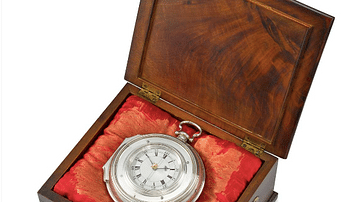
Article
Harrison's Marine Chronometer
John Harrison (1693-1776) invented an accurate marine chronometer after several decades of research and development. While the pendulum clock had already been invented in the 17th century, a clock that could withstand the vagaries of the...
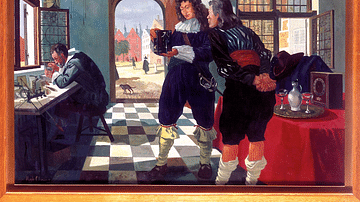
Image
Huygen & Coster Making Clocks
A modern painting showing the Dutch mathematician and astronomer Christiaan Huygens (1629-1695) alongside his partner in clockmaking Salomon Coster. Painting by Hugh Chevins, 1955. (Science Museum, London)
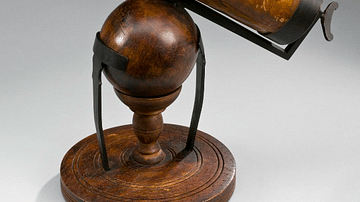
Article
6 Key Instruments of the Scientific Revolution
The Scientific Revolution (1500-1700) was driven by several key inventions, all scientific instruments that became essential to achieving a greater understanding of the world around us. With instruments like the telescope, microscope, thermometer...
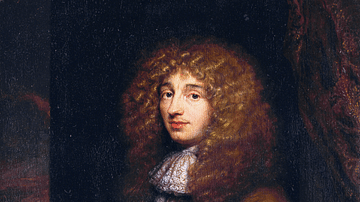
Definition
Christiaan Huygens
Christiaan Huygens (1629-1695) was a Dutch mathematician, physicist, and astronomer. A leading figure of the Scientific Revolution, Huygens combined research into mathematical-based theories, such as the movement of light waves, with practical...
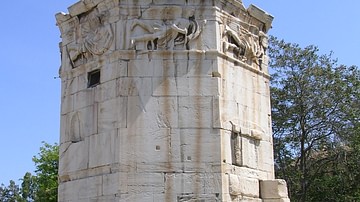
Definition
Ancient Timekeeping
The passage of time has always been a preoccupation of human beings, whether it be a question of satisfying basic needs such as when to eat and sleep, the importance of seasons for migratory and agricultural purposes or a more sophisticated...
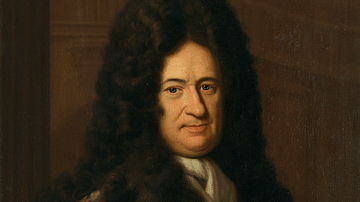
Definition
Gottfried Wilhelm Leibniz
Gottfried Wilhelm Leibniz (1646-1716) was a German polymath who became well-known across Europe for his work, particularly in the fields of science, mathematics, and philosophy. Leibniz's rationalist philosophy attempted to reconcile traditional...
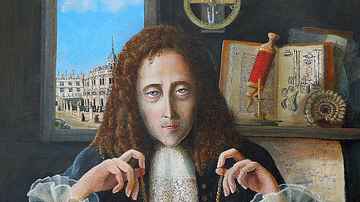
Definition
Robert Hooke
Robert Hooke (1635-1703) was an English scientist, architect, and natural philosopher who became a key figure in the Scientific Revolution. Hooke conducted his scientific experiments outside the auspices of universities, and he was a great...
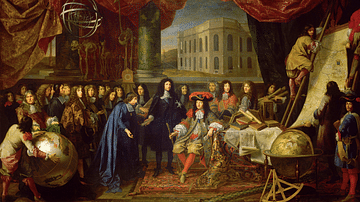
Article
Observatories in the Scientific Revolution
The foundation of observatories during the Scientific Revolution (1500-1700) followed a process of evolution from entirely independent observatories operated by a single astronomer to private observatories which received state or private...

Definition
Ancient Greek Literature
Greek literature has influenced not only its Roman neighbors to the west but also countless generations across the European continent. Greek writers are responsible for the introduction of such genres as poetry, tragedy, comedy, and western...